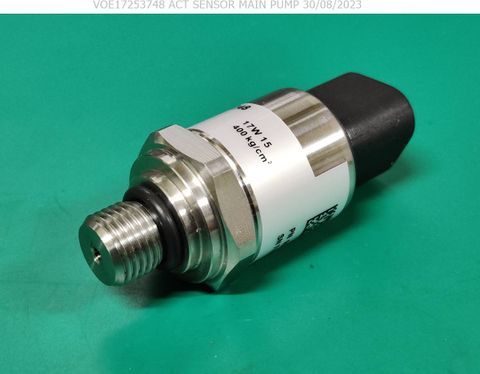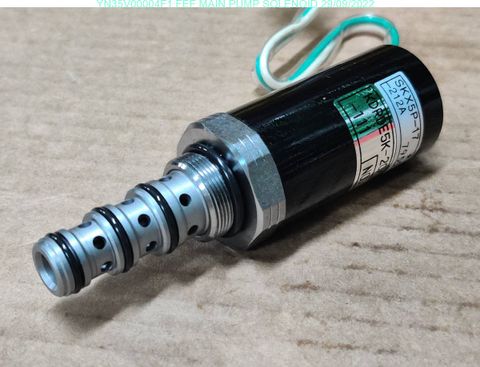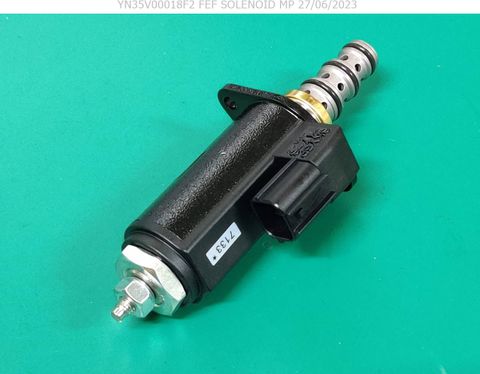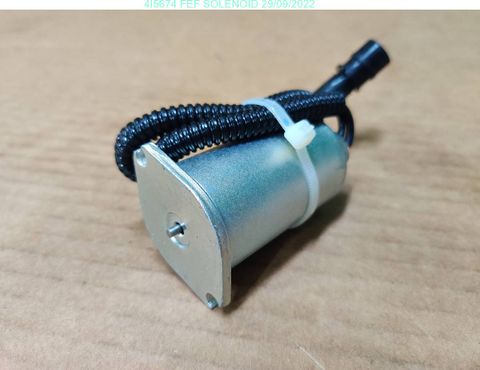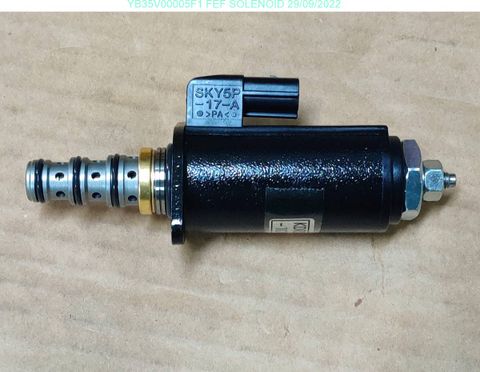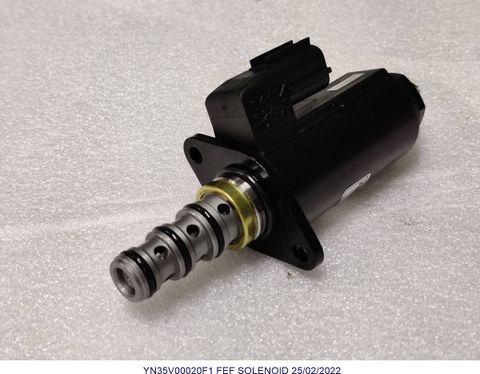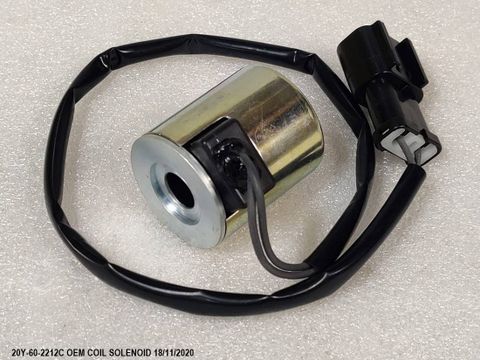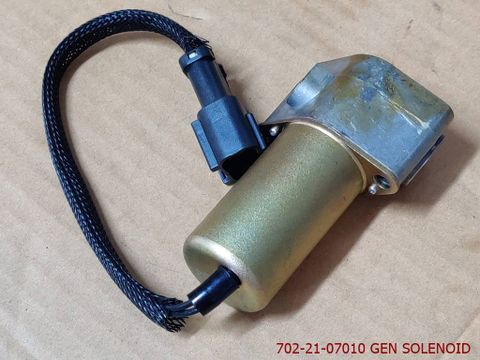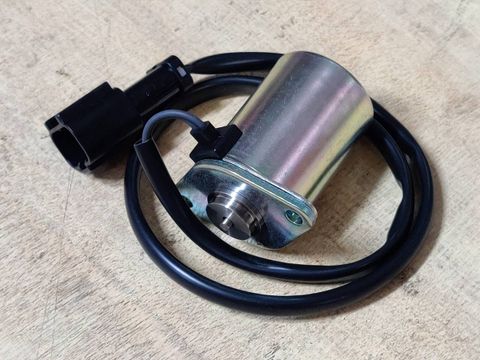Main Pump Sensor
கடைசியாக புதுப்பிக்கப்பட்டது
விலை:
R.F.Q
Share Product:
விவரம்
A non-functional main pump sensor in an excavator or other heavy machinery can lead to various critical issues affecting the machine's hydraulic system performance, safety, and operational efficiency. The main pump sensor typically monitors hydraulic pressure, flow rate, and other critical parameters. Here are some common problems associated with a faulty main pump sensor:
Hydraulic System Malfunctions:
- Erratic Hydraulic Performance: The hydraulic system may operate erratically, with inconsistent pressure and flow, leading to unpredictable behavior of hydraulic components such as the boom, arm, and bucket.
- Reduced Power: Inaccurate sensor readings can cause the hydraulic system to deliver insufficient power to the actuators, reducing the efficiency and effectiveness of the excavator.
Overheating:
- Inadequate Cooling: The main pump sensor helps regulate hydraulic fluid temperature. If it fails, the system may overheat due to inadequate cooling, causing damage to hydraulic components and fluid degradation.
- Increased Wear: Overheating can accelerate wear and tear on hydraulic components, leading to premature failure and increased maintenance costs.
Safety Risks:
- Uncontrolled Movements: A non-functional sensor can lead to uncontrolled or unexpected movements of the excavator's attachments, posing a safety risk to the operator and nearby personnel.
- Loss of Control: The operator may experience a loss of control over the excavator's movements, especially under load, which can be dangerous during critical operations.
Increased Maintenance and Repair Costs:
- Frequent Breakdowns: A faulty main pump sensor can lead to frequent hydraulic system breakdowns, resulting in increased maintenance and repair costs.
- Component Damage: Operating the hydraulic system with a malfunctioning sensor can cause damage to other components, necessitating costly replacements.
Diagnostic Challenges:
- Troubleshooting Difficulties: Identifying and diagnosing hydraulic system issues can be challenging without accurate sensor data, leading to longer repair times and increased downtime.
- Misleading Fault Codes: The machine's diagnostic system may generate misleading fault codes, making it harder to pinpoint the actual problem.
Operational Inefficiency:
- Decreased Productivity: The excavator may operate less efficiently, with slower cycle times and reduced digging power, impacting overall productivity.
- Higher Fuel Consumption: Inefficiencies in the hydraulic system can lead to higher fuel consumption, increasing operational costs.
Inconsistent Performance:
- Variable Pressure and Flow: Inaccurate sensor readings can result in variable hydraulic pressure and flow, causing inconsistent performance of the machine's attachments.
- Delayed Response: The hydraulic system's response to operator inputs may be delayed, reducing the precision and effectiveness of the excavator's movements.
Summary
A non-functional main pump sensor in an excavator can lead to hydraulic system malfunctions, overheating, safety risks, increased maintenance and repair costs, diagnostic challenges, operational inefficiency, and inconsistent performance. These issues can significantly impact the machine's reliability, safety, and productivity. Prompt diagnosis and replacement of a faulty main pump sensor by a qualified technician are essential to ensure the proper functioning of the hydraulic system and the safe, efficient operation of the excavator.
விவரக்குறிப்பு
| திறவுச்சொல் | |
| பிராண்ட் | |
| தோற்றம் | MY |
பட்டியல் Download
